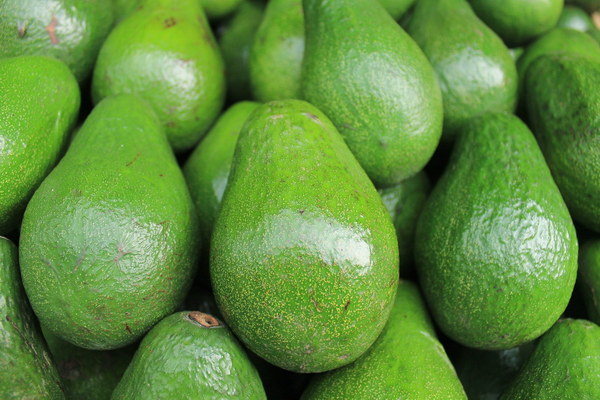Is It Illegal to Claim Food Subsidies Fraudulently
In recent years, the issue of fraud in claiming food subsidies has become a hot topic in many countries. Many people are wondering whether it is illegal to claim food subsidies. In this article, we will explore the legal implications of claiming food subsidies fraudulently and the consequences that may arise.
What is a food subsidy?
A food subsidy is a financial assistance provided by the government to help low-income families and individuals afford nutritious food. This policy aims to reduce food insecurity and ensure that everyone has access to adequate nutrition. Food subsidies often take the form of cash transfers, food vouchers, or direct purchases of staple foods.
Is it illegal to claim food subsidies fraudulently?
Yes, it is illegal to claim food subsidies fraudulently. Fraudulent claims involve deceitfully obtaining government assistance by providing false information or misrepresenting one's eligibility. This includes, but is not limited to, the following actions:
1. Falsifying income or asset information to meet the eligibility criteria for food subsidies.
2. Reporting false household composition or household size to qualify for additional benefits.
3. Selling or transferring food subsidies to unauthorized individuals or entities.
4. Misrepresenting one's identity or using someone else's identity to claim food subsidies.
What are the consequences of claiming food subsidies fraudulently?

The consequences of claiming food subsidies fraudulently can be severe. Here are some of the potential repercussions:
1. Criminal charges: If found guilty, individuals may face criminal charges, including fines, probation, or imprisonment.
2. Loss of benefits: The government may revoke the individual's eligibility for food subsidies and other forms of assistance.
3. Damage to reputation: A criminal conviction can have a lasting impact on an individual's reputation and future employment opportunities.
4. Civil penalties: In some cases, the government may seek civil penalties, such as restitution or damages.
How can the government combat fraud in food subsidy programs?
Governments employ various measures to combat fraud in food subsidy programs. Some of these include:
1. Income verification: The government may conduct periodic income and asset verification to ensure that recipients remain eligible for food subsidies.
2. Data matching: By comparing data from different government agencies, authorities can identify potential cases of fraud.
3. Public awareness campaigns: Educating the public about the consequences of fraud can deter individuals from engaging in fraudulent activities.
4. Strengthening penalties: Increasing the severity of penalties for fraudulent claims can serve as a deterrent.
In conclusion, it is illegal to claim food subsidies fraudulently. The government has implemented various measures to combat fraud in food subsidy programs, and individuals caught engaging in fraudulent activities can face severe consequences. It is essential for individuals to understand the legal implications and adhere to the eligibility criteria to ensure that food subsidies reach those in need.
By doing so, we can contribute to a fair and just society where everyone has access to adequate nutrition and support from the government when needed.









